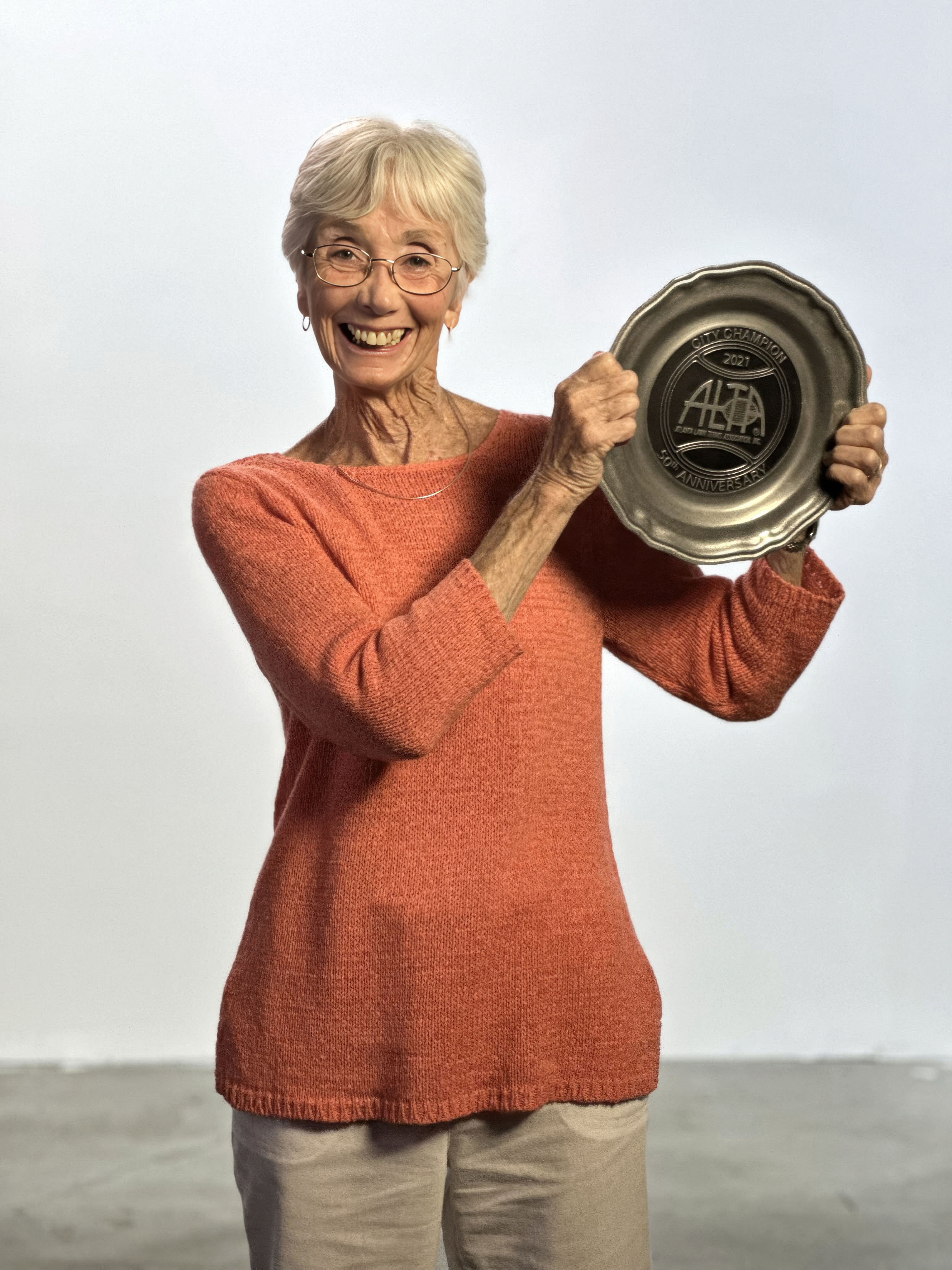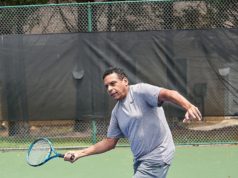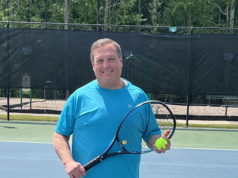
By Dr. Jodi Ganz, Olansky Dermatology & Aesthetics
As the days get longer and the lazy days of summer are upon us, we all look forward to spending more time outside. For ALTA players, that means hours in the sun. How can you possibly protect yourself when the Atlanta forecast reads 92 degrees and sunny? Here are some common-sense tips to protect your skin this summer.
Clothing is better than sunscreen
Ultraviolet protection factor (UPF) is the scale used to rate outdoor clothing. Similar to an SPF rating, clothing is graded from 0-100. The UPF value will vary based on the weave and types of the fabric; many of these materials also are made to be sweat-wicking and antibacterial (i.e., no smell!). A recent study out of Australia showed that UPF clothing outperformed sunscreen in a real-world setting. Take the guesswork out of it, and opt for higher necks, more sleeves, and sun-protective clothing as much as possible.
Go as high as you can go
There is a common belief that anything higher than an SPF 30 “does not matter.” Not so! An SPF 30 blocks approximately 97 percent of the sun’s dangerous UV rays; an SPF 100 blocks about 99 percent of the rays. As you can see, this doesn’t appear to be a big difference. However, these are laboratory studies and not real life. In a split-face study conducted in Vail, Colorado, participants applied SPF 50 to one side of their faces and SPF 100 to the other. After a week of high-altitude skiing, the SPF 100 side did markedly better.
Put on more than you think
An application of sunscreen at the beach (i.e., while wearing a bathing suit) is meant to be one ounce. The typical sunscreen bottle is just three ounces. So, to really “apply as directed,” one should easily go through an entire bottle of sunscreen in a day at the beach. Another easy reminder is to apply a teaspoon to a tablespoon’s worth of sunscreen to your face. That is significantly more than most people realize.
Reapply
Sunscreen lasts for two hours. That’s it. Even waterproof sunscreen lasts only 80 minutes. When you are cheering on your team after your match, you need to reapply.
All sun protection counts
Playing a match later in the day. Sitting in the shade. Wearing your rash guard at the beach vacation. It all adds up. Everything we do to protect against cumulative cell damage helps in preventing skin cancer. It’s not too late!
When your next match rolls around, utilizing all these tips is ideal, but we hope that you will be able to put at least one of them to use to protect your skin.



